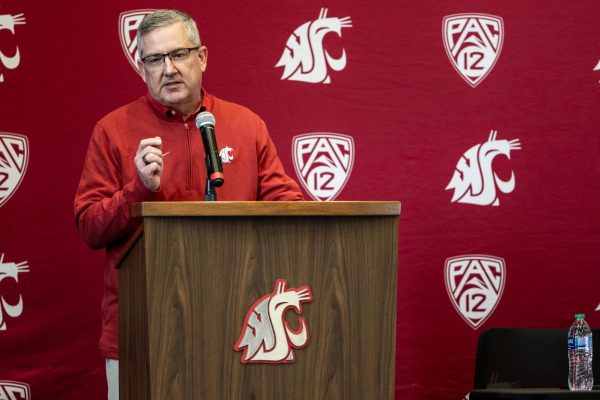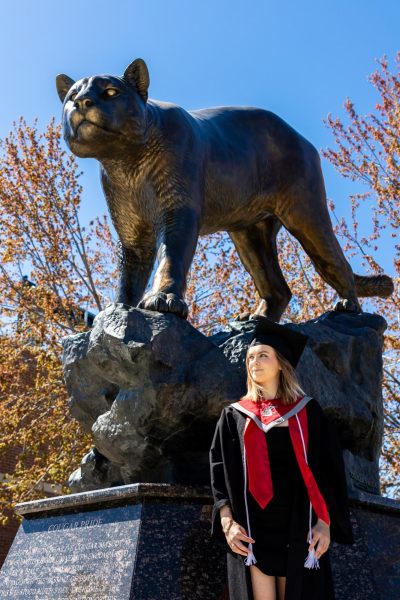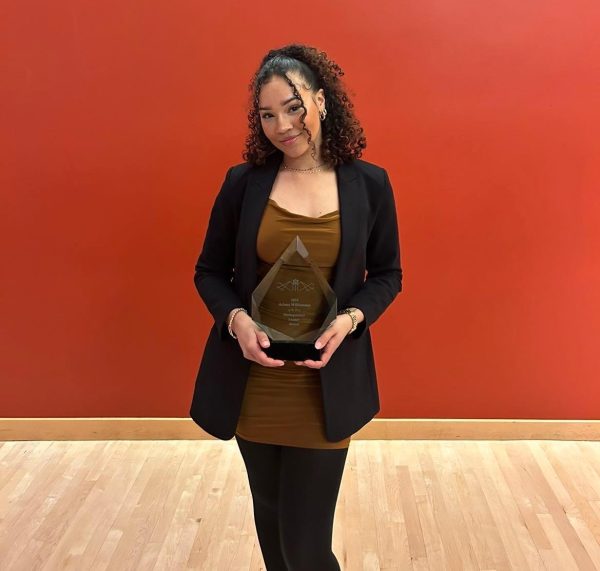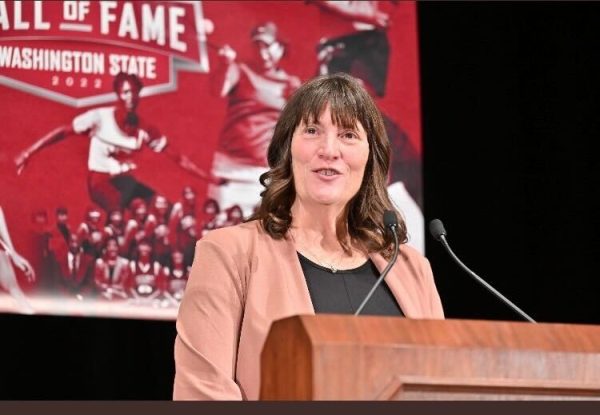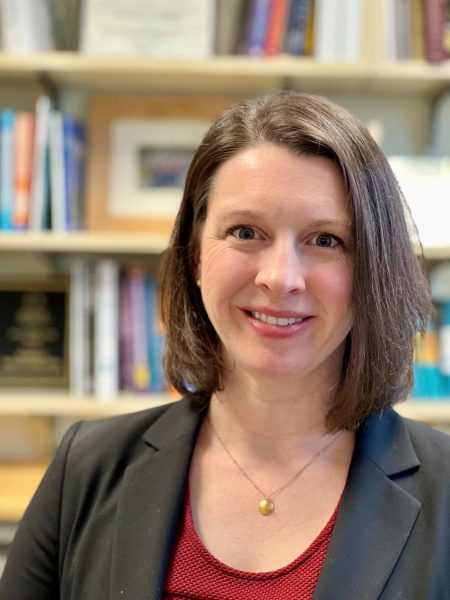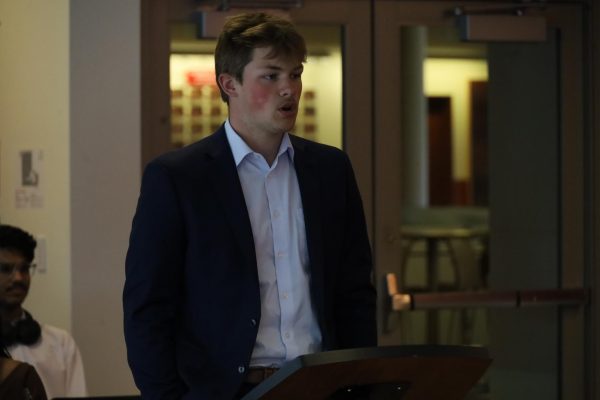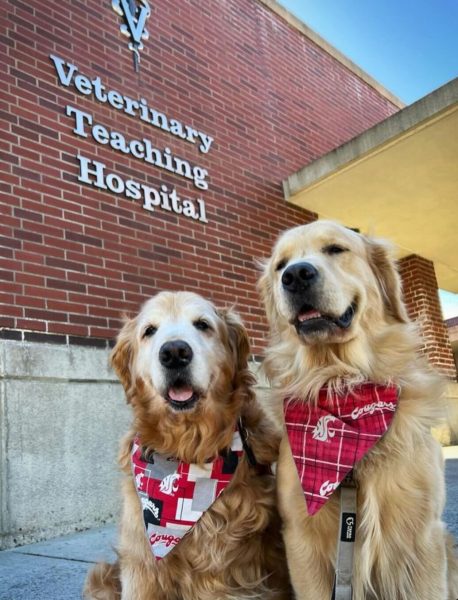UW, Gonzaga medical partnership to add students
February 25, 2016
After about a year of negotiations between the two universities, the University of Washington and Gonzaga University announced a partnership Wednesday that would send UW first- and second-year medical school students to Gonzaga’s Spokane campus for fall 2016.
The new UW-Gonzaga program – UW’s “largest-ever” medical school student presence in Spokane – can coexist with WSU’s upstart Elson S. Floyd College of Medicine, said the college’s communication director Douglas Nadvornick, when it opens in fall 2017.
In 2008, UW and WSU partnered to send 20 first-year UW medical students to study at WSU’s Spokane campus as part of UW’s four-decade-old Washington, Wyoming, Alaska, Montana and Idaho (WWAMI) five-state cooperative medical school program. In 2013, the program expanded to second-year students as well and a year later the number of students doubled, Nadvornick said.
When WSU worked in 2015 to change the Washington state law that UW could have the only medical school in the state and then announced that it would start its own medical school in Spokane, Gonzaga and UW officials began discussing their partnership to restructure UW’s Spokane medical school program. Wednesday’s announcement, Nadvornick said, signaled the end of the Spokane partnership between UW and WSU and a paralleled severing of ties between WSU and the WWAMI program.
“We value our relationship with the WWAMI program, in fact we still have medical school students on campus here in Spokane, even though they’re not WSU medical school students, they’re UW medical school students,” Nadvornick said. “They use our classrooms, they use our anatomy lab. And now I assume Gonzaga’s going to take over some of that.”
In a joint press release by UW and Gonzaga, University officials and Spokane community leaders cited the social and economic benefits of the partnership between the two universities.
“This is about more than a medical school, it’s about community and economic vitality,” UW President Ana Mari Cauce said in the press release. “Together with Gonzaga, we will educate the next generation of health professionals and enhance the health, well-being and prosperity of the entire region.”
Growing medical education and research in Spokane has a potential $1.7 billion annual economic impact, said Scott Morris, CEO of Avista and Chair of the Gonzaga Board of Trustees.
“This partnership will be a key part of reaching that goal,” Morris said in the press release.
Sixty first-year UW medical school students will attend class at Gonzaga in fall 2016, the same number of WSU students expected to attend the Floyd College of Medicine in its inaugural semester.
Despite the number of medical school students beginning their careers in Spokane tripling in the next couple of years, Nadvornick expects the two programs to do well.
“We see them coexisting,” Nadvornick said. “(UW has) already got places where their third- and fourth-year students do their clinical rotations and we’re working with local doctors here for our third- and fourth-year clinical rotations. So we’re pretty positive that there’s room for both of us.”
Gonzaga President Thayne McCulloh agreed the schools can coexist, telling the Spokesman Review he believes the two programs will complement each other.
The UW press release made no mention of the Elson S. Floyd College of Medicine or WSU’s ties to the WWAMI program, which Nadvornick said went back to the program’s beginning in 1971.







